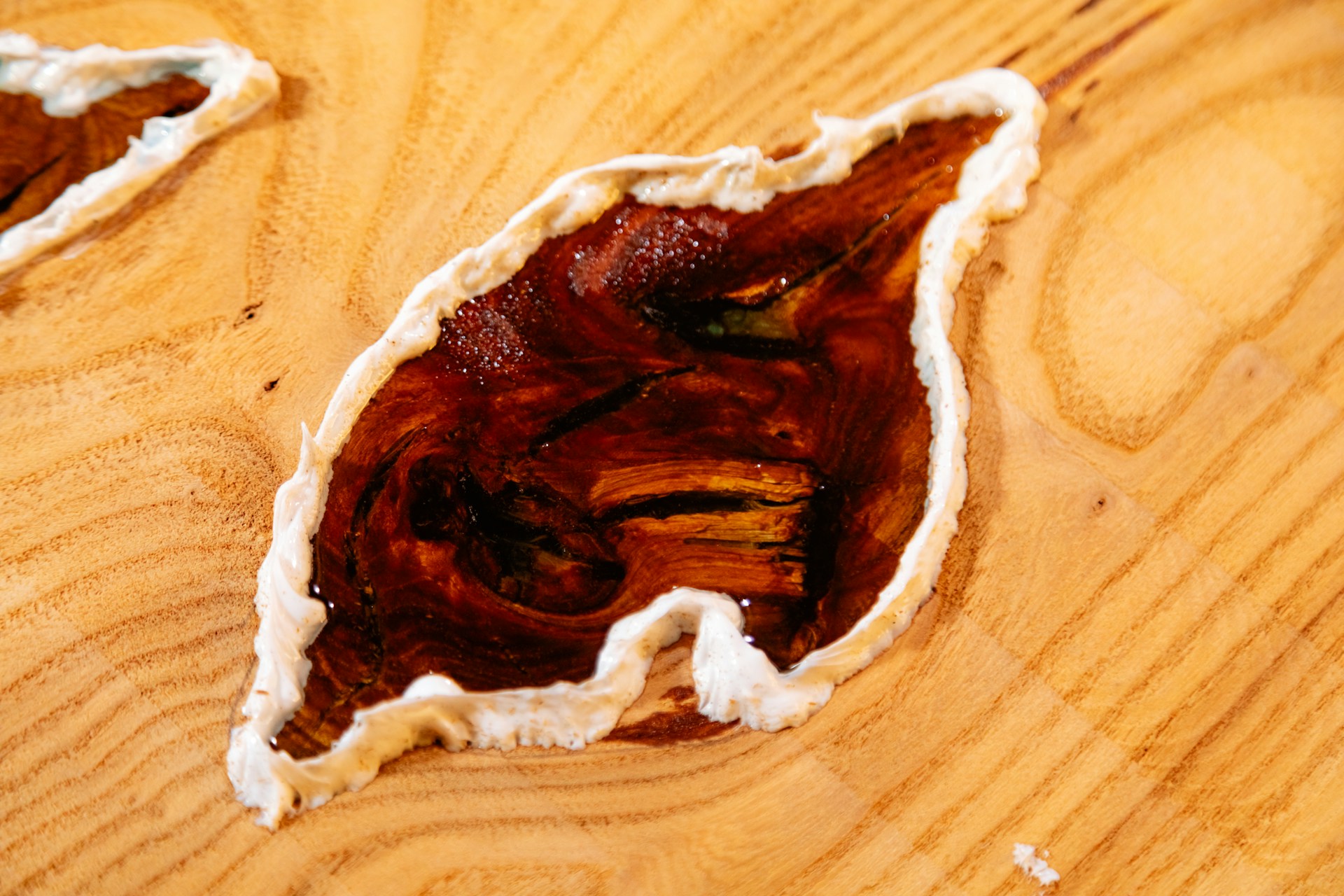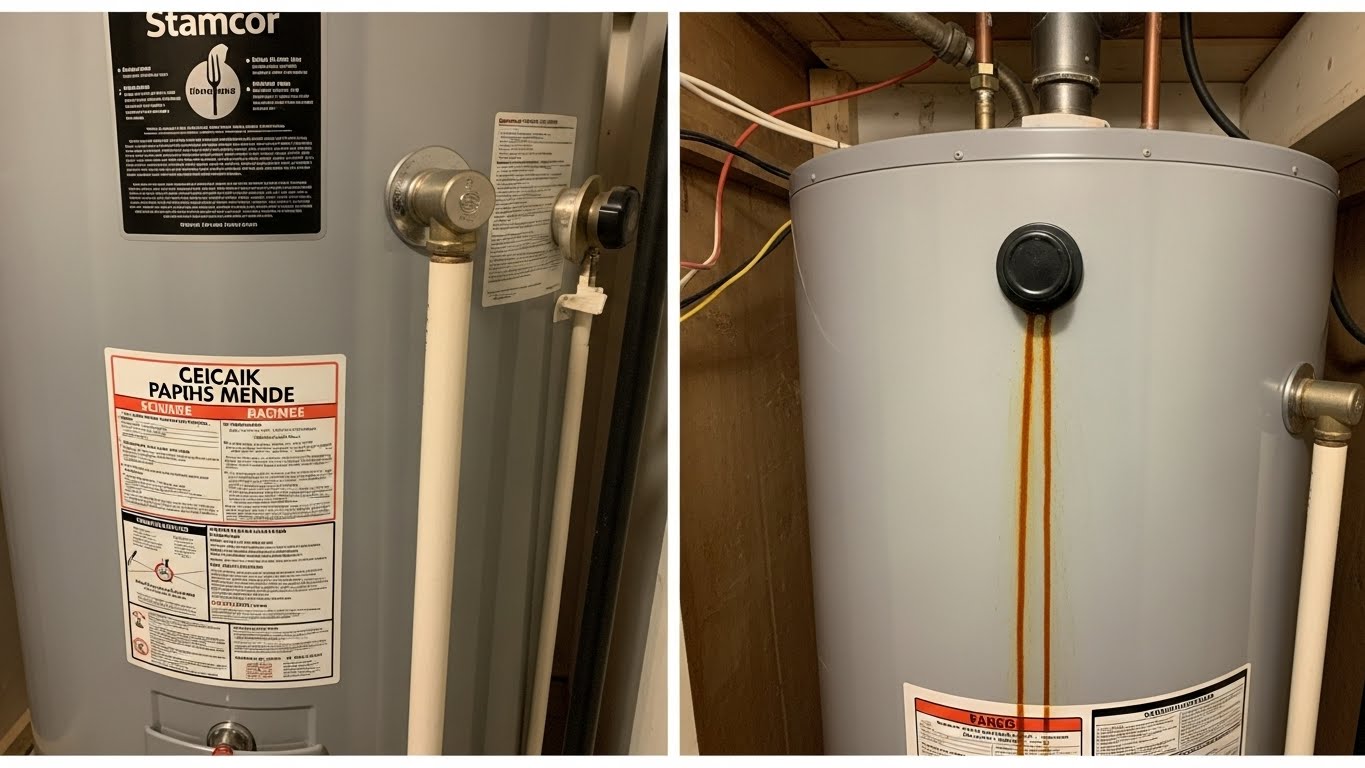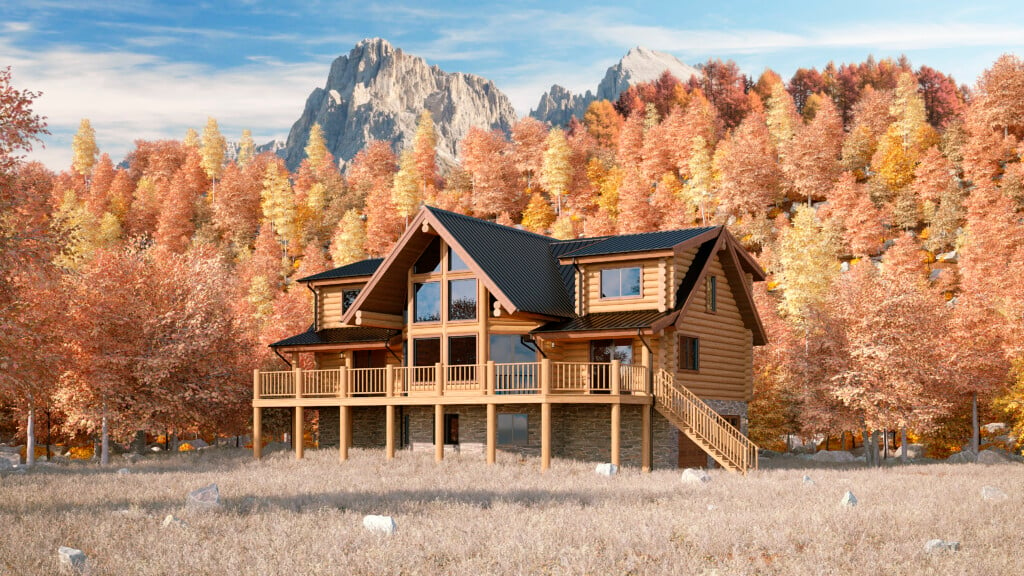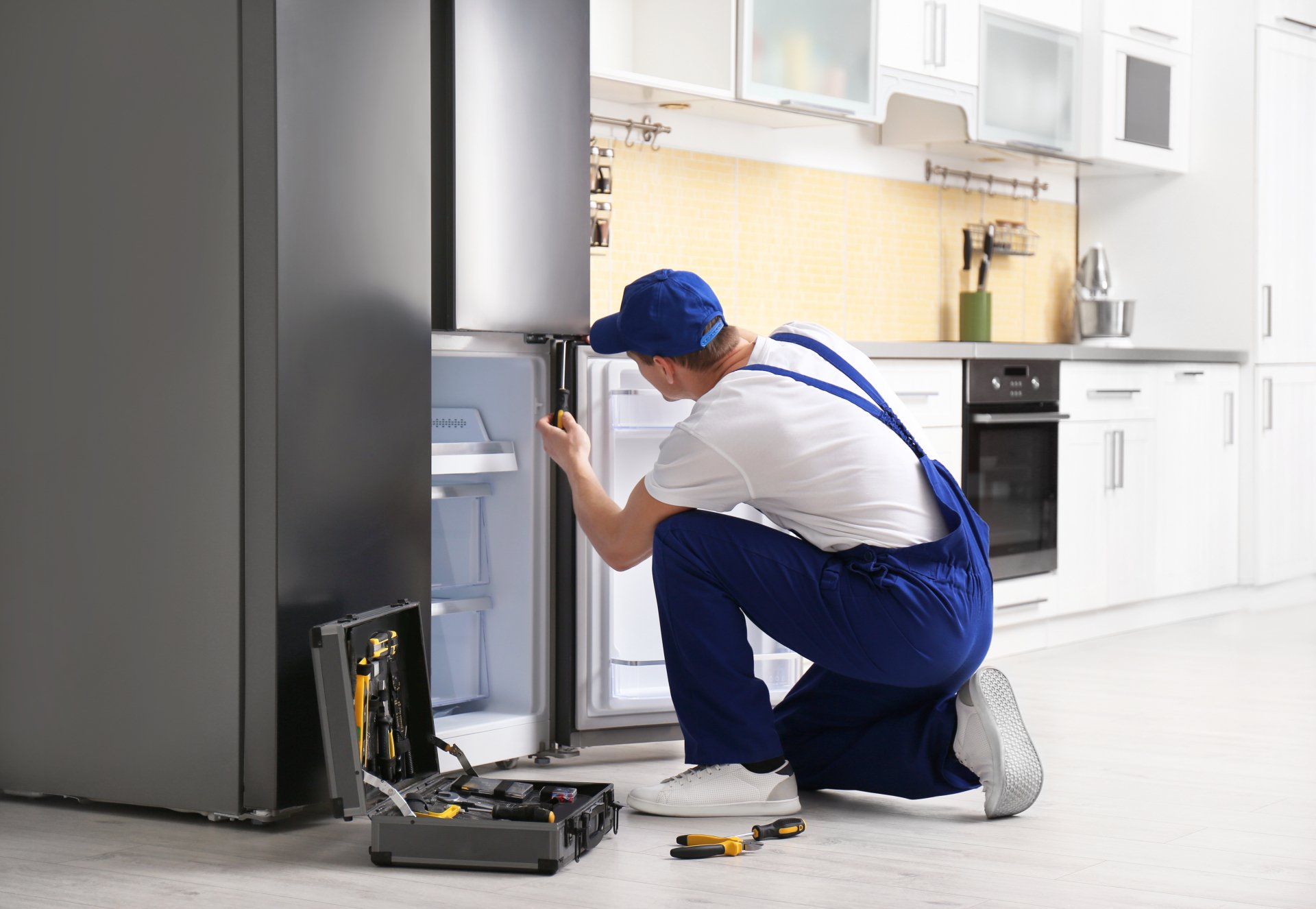Epoxy is a type of polymer that is made by mixing two components: resin and hardener. When these two parts are combined, they undergo a chemical reaction called “curing.” This process turns the liquid mixture into a hard, solid material. Epoxy is known for its strength, durability, and chemical resistance, making it a popular choice for various applications like coatings, adhesives, and sealants.
In case you want to buy Epoxy Visit our website Woodemotions.pk
Is Epoxy Waterproof?
Yes, epoxy is waterproof. Once it cures and hardens, epoxy forms a protective, waterproof barrier that can resist moisture, water, and even harsh weather conditions. This makes it ideal for use in environments where exposure to water is common, such as in bathrooms, kitchens, boats, and outdoor surfaces.
Epoxy’s waterproof properties come from its ability to form a tight bond with surfaces, creating a seamless coating that prevents water from penetrating. This makes it an excellent material for sealing and protecting surfaces from water damage.
How Does Epoxy Work as a Waterproofing Material?
Epoxy works as a waterproofing material by creating a non-porous, impermeable surface. When applied to a surface, it seeps into small cracks and gaps, filling them completely. As it cures, it hardens into a solid, waterproof layer that prevents water from passing through.
The key to epoxy’s effectiveness as a waterproofing agent lies in its chemical structure. Once cured, epoxy forms cross-linked molecular chains, which create a tight bond that repels water. This prevents water from seeping into the material, protecting the underlying surface from damage caused by moisture.
Uses of Waterproof epoxy
Here are the key uses of waterproof epoxy:
- Marine Industry
- Repairing and protecting boats, yachts, and other watercraft.
- Coating and sealing marine structures like docks, piers, and underwater pipelines.
- Construction and Flooring
- Waterproof coating for floors, walls, and foundations in basements, bathrooms, and kitchens.
- Creating seamless, durable surfaces in industrial settings.
- Outdoor Surfaces
- Coating patios, driveways, and walkways to protect against rain, snow, and weather damage.
- Protecting outdoor furniture and fixtures from the elements.
- Sealing and Repairing Leaks
- Patching leaks in pipes, tanks, roofs, and other structures prone to water damage.
- Crafts and DIY Projects
- Used in creating waterproof jewellery, countertops, tabletops, and other decorative items.
How to Apply Epoxy for Waterproofing?
If you’re considering using epoxy to waterproof a surface, follow these basic steps:
- Clean the Surface
Ensure that the surface is clean, dry, and free of dirt, grease, or oil. Any contaminants can interfere with the bonding process.
- Prepare the Epoxy
Mix the resin and hardener according to the manufacturer’s instructions.
- Apply the Epoxy
Use a brush, roller, or spreader to apply the epoxy evenly over the surface. For best results, apply in thin, even layers and allow each layer to cure before applying the next.
- Allow Curing
Let the epoxy fully cure according to the manufacturer’s recommended time. Keep the area well-ventilated and avoid exposure to moisture until it is fully hardened.
Conclusion
Epoxy is a reliable and effective waterproofing material. Its ability to form a strong, impermeable bond with various surfaces makes it a popular choice for applications in the marine industry, construction, outdoor surfaces, and DIY projects. While it does have some limitations, such as sensitivity to UV light and the need for proper surface preparation, epoxy remains one of the best options for waterproofing.
Whether you’re looking to seal a leak, protect a surface from water damage, or create a waterproof finish for a project, epoxy is a versatile solution that can provide lasting results.












